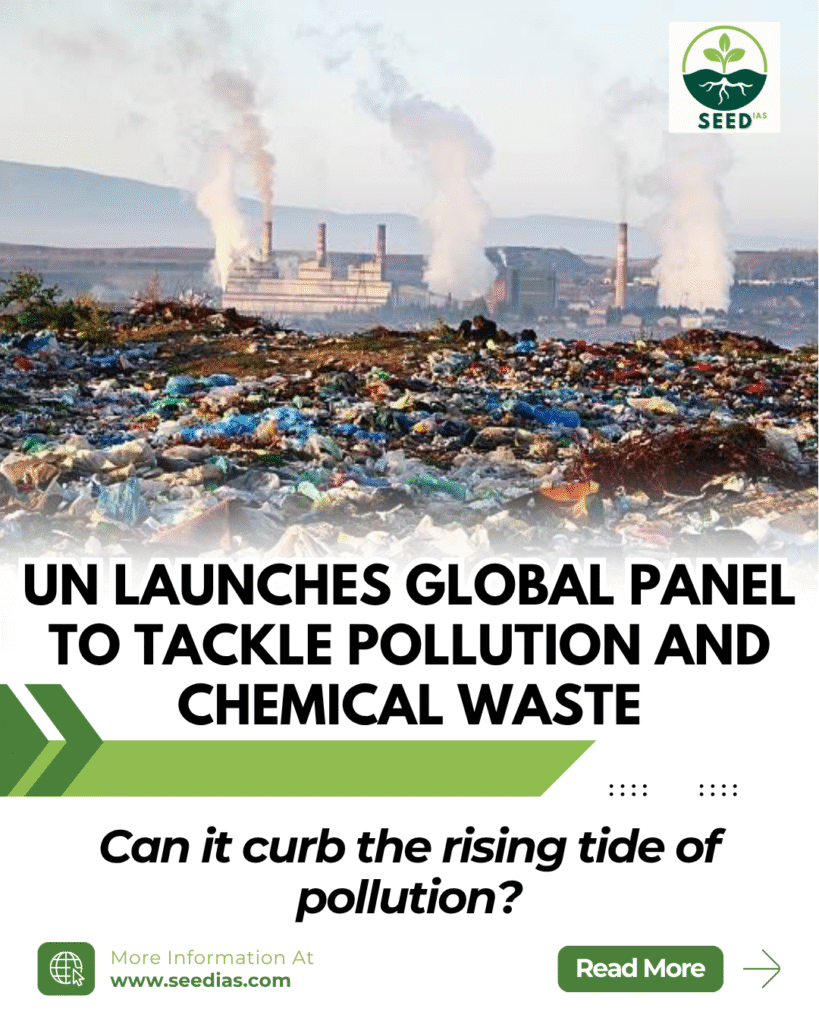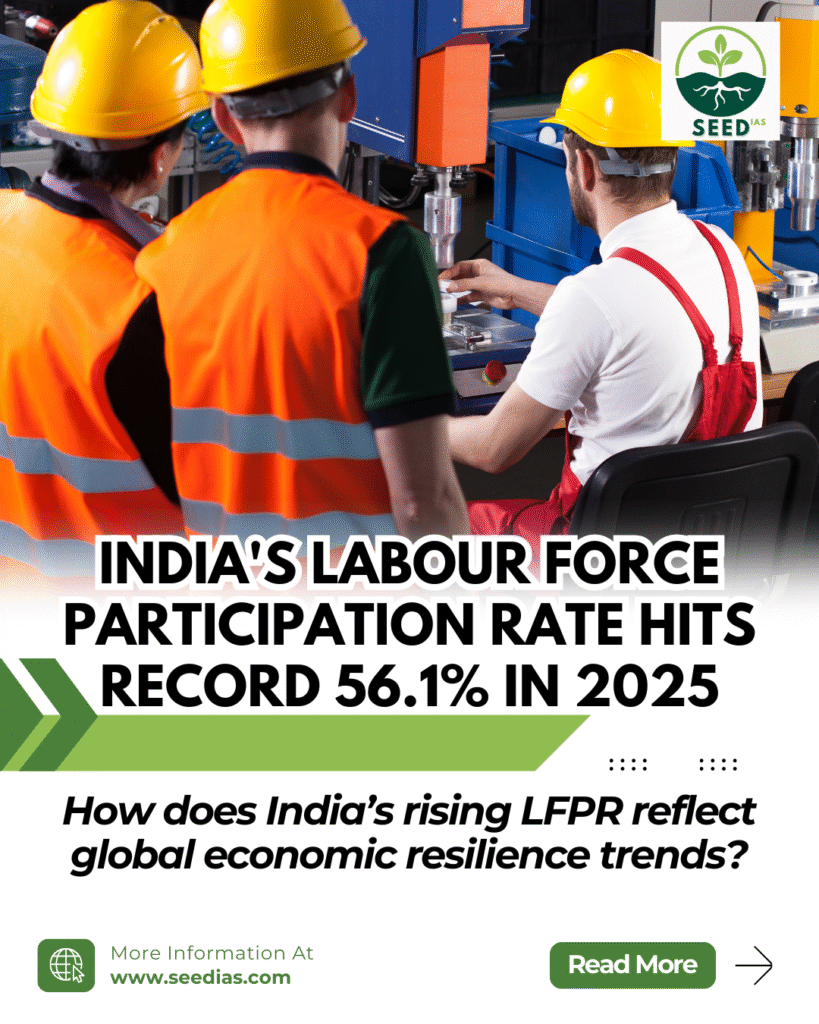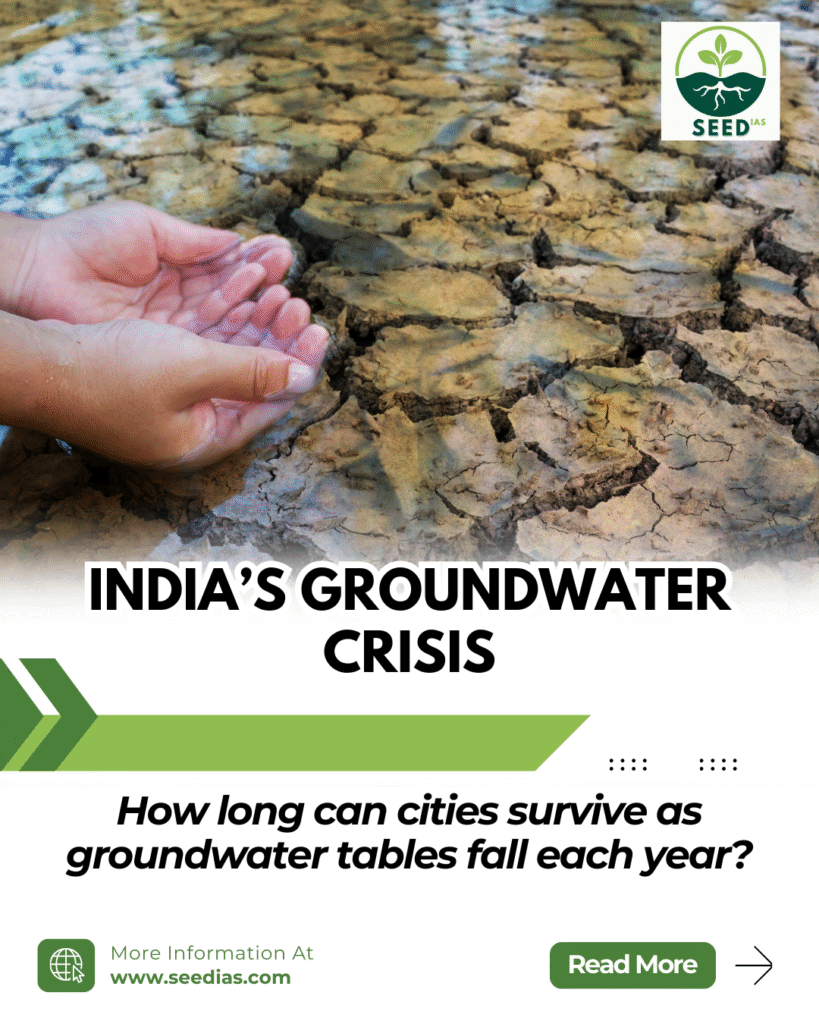Why in NEWS
The United Nations Environment Programme (UNEP) has established the Global Science-Policy Panel on Chemicals, Waste, and Pollution in Punta del Este, Uruguay, to address pollution and hazardous waste globally.
Key Concepts and Definitions
| Term | Explanation |
|---|---|
| Global Science-Policy Panel (GSPP) | A UN-backed intergovernmental body providing science-based policy advice on chemicals, waste, and pollution. |
| UNEP | United Nations Environment Programme, the leading global environmental authority. |
| IPCC | Intergovernmental Panel on Climate Change, addressing climate change science and policy. |
| IPBES | Intergovernmental Science-Policy Platform on Biodiversity and Ecosystem Services, focusing on biodiversity. |
News Details
The newly formed Global Science-Policy Panel (GSPP) joins IPCC and IPBES to complete a science-policy trifecta to tackle the “triple planetary crisis”—climate change, biodiversity loss, and pollution. It aims to provide robust scientific advice, identify research gaps, and enable better policy decisions related to chemicals, waste, and pollution.
Objectives and Key Features
| Objective/Function | Description |
|---|---|
| Evidence-based Policy | Offers scientific guidance for pollution, hazardous waste, and chemical management. |
| Global Governance Gap | Addresses the lack of a global science-policy body dedicated to pollution. |
| Scientific Assessment | Performs assessments and horizon scanning for emerging pollution threats. |
| Capacity Building | Aims to help developing countries implement better pollution controls. |
| Policy Collaboration | Bridges scientists and policymakers for effective global action. |
Significance
| Concern | Current Status |
|---|---|
| Chemical Use | Rapid rise in unregulated chemical exposure in daily life. |
| Municipal Solid Waste | Expected to increase from 2.1B tonnes (2023) to 3.8B tonnes (2050). |
| Pollution-related Deaths | Increased by 66% over the past 20 years. |
Comparative Table of Science-Policy Platforms
| Platform | Focus | Established | Governing Body |
|---|---|---|---|
| IPCC | Climate change | 1988 | WMO + UNEP |
| IPBES | Biodiversity & ecosystem services | 2012 | UNEP-supported |
| GSPP | Chemicals, waste, pollution | 2024 | UNEP |
In a Nutshell
Memory Code: “CWP Trifecta – Climate, Wildlife, Pollution”
The new GSPP completes the trio of global science-policy bodies, focusing on pollution and waste to ensure a cleaner, healthier planet.
Prelims Practice Questions
- Which of the following bodies is NOT directly supported by UNEP?
a) IPCC
b) IPBES
c) UN Environment Assembly
d) Intergovernmental Panel on Nuclear Waste - Which city hosts the headquarters of the United Nations Environment Programme (UNEP)?
a) Geneva
b) New York
c) Nairobi
d) Vienna - The Global Science-Policy Panel on Chemicals, Waste, and Pollution was launched in:
a) Paris
b) Bonn
c) Nairobi
d) Punta del Este
Mains Practice Questions
- (GS Paper 3 – Environment)
“The formation of the Global Science-Policy Panel on Chemicals, Waste, and Pollution marks a significant step toward achieving sustainable development.” Discuss its role in global environmental governance. - (GS Paper 2 – Governance/International Relations)
Compare the mandates and impacts of the IPCC, IPBES, and GSPP in managing global environmental challenges.
Answer Key for Prelims Questions
| Q.No | Correct Answer | Explanation |
|---|---|---|
| 1 | d | The Intergovernmental Panel on Nuclear Waste is not a real entity. Others are UNEP-supported. |
| 2 | c | UNEP is headquartered in Nairobi, Kenya. |
| 3 | d | The GSPP was established in Punta del Este, Uruguay. |














